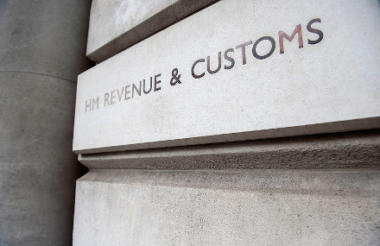HMRC has attempted to reassure charities that it is not being strict in enforcing Making Tax Digital, while warning that expensive software systems are not essential.
At Civil Society Media's Charity Finance Summit last week, delegates heard about the progress of Making Tax Digital from Verna Gellvear, who works in HMRC’s Customer Readiness & External Stakeholder Team.
She struck a conciliatory tone, promising that HMRC is being “quite lenient” with exemptions, so “don’t be put off applying for them if you think you might qualify for them”. However, she said the most popular exemption request, that someone is too old to use MTD, will not be granted.
She also said HMRC is being “very lenient” on penalties for non-compliance, as HMRC “understands that this is a huge change”. She said charities will not be penalised if “the compliance officer who is visiting you can see that you are making a genuine attempt to comply”, recommending that if charities are having trouble, they should “pay it, and then try to get the figures to us”.
She also highlighted free “bridging” software products that are available to ensure the required “digital link” between a charity’s records and HMRC. “You do not need a cloud-based system, despite what the big computer guys are telling you.”
She added that there is no indication that HMRC will take away the option to submit an API-enabled spreadsheet.
Future MTD requirements
In terms of the future of Making Tax Digital, Gellvear said the next tax that will be mandated for digital is income tax self assessment, but this will not take place until 2022 at the earliest.
Corporation tax, which charities have previously expressed fears about due to the effect on trading subsidiaries, will follow after that, but it has not yet even been consulted on so no developments are likely any time soon.
Mythbuster guide
Last week also saw the release of a free “mythbuster” guide by the Charity Tax Group, which seeks to “challenge some common misconceptions” about Making Tax Digital.
A spokesperson for CTG said that while HMRC is not able to formally endorse the guide, officials have confirmed that they are happy with the content.
|
Related articles












